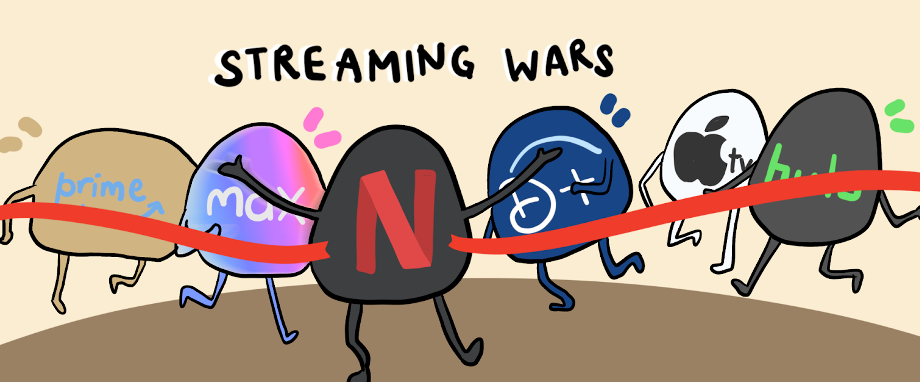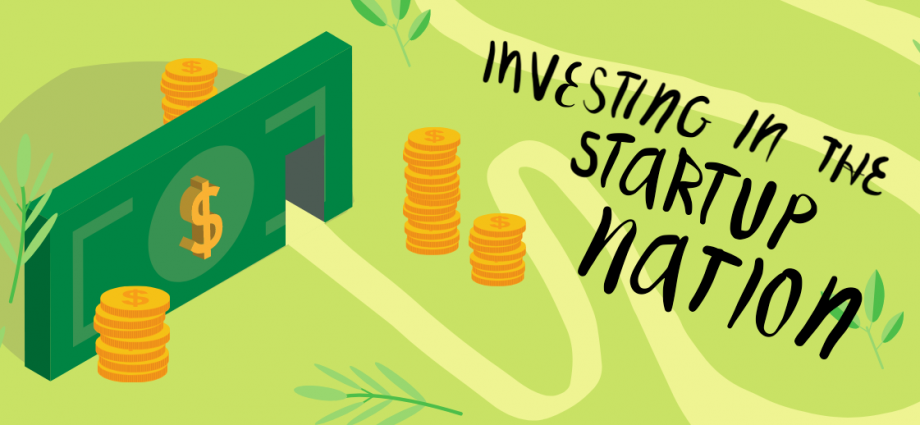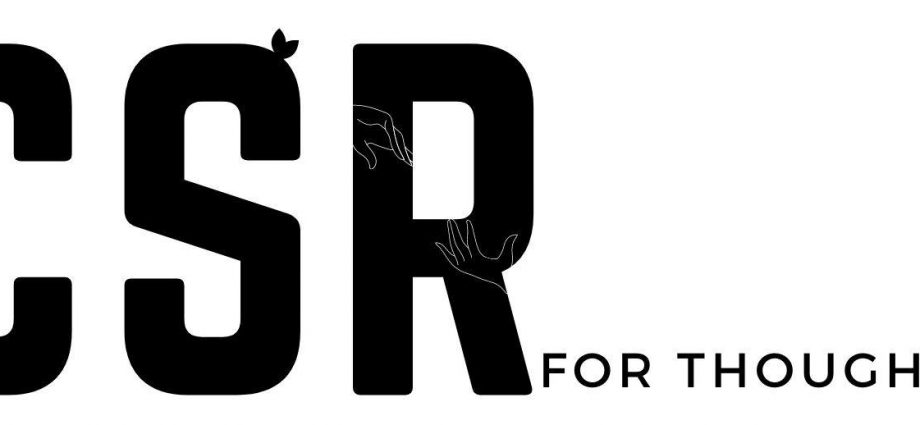The Streaming Wars
The future of streaming is highly uncertain, with a few contenders vying for dominance, and a slew of others looking to carve out a niche. Overall, Netflix appears to be in the driving seat to be the dominant player in the market, but this doesn’t necessarily justify its valuation, particularly with younger services like Disney Plus growing at astronomical rates.Continue Reading





